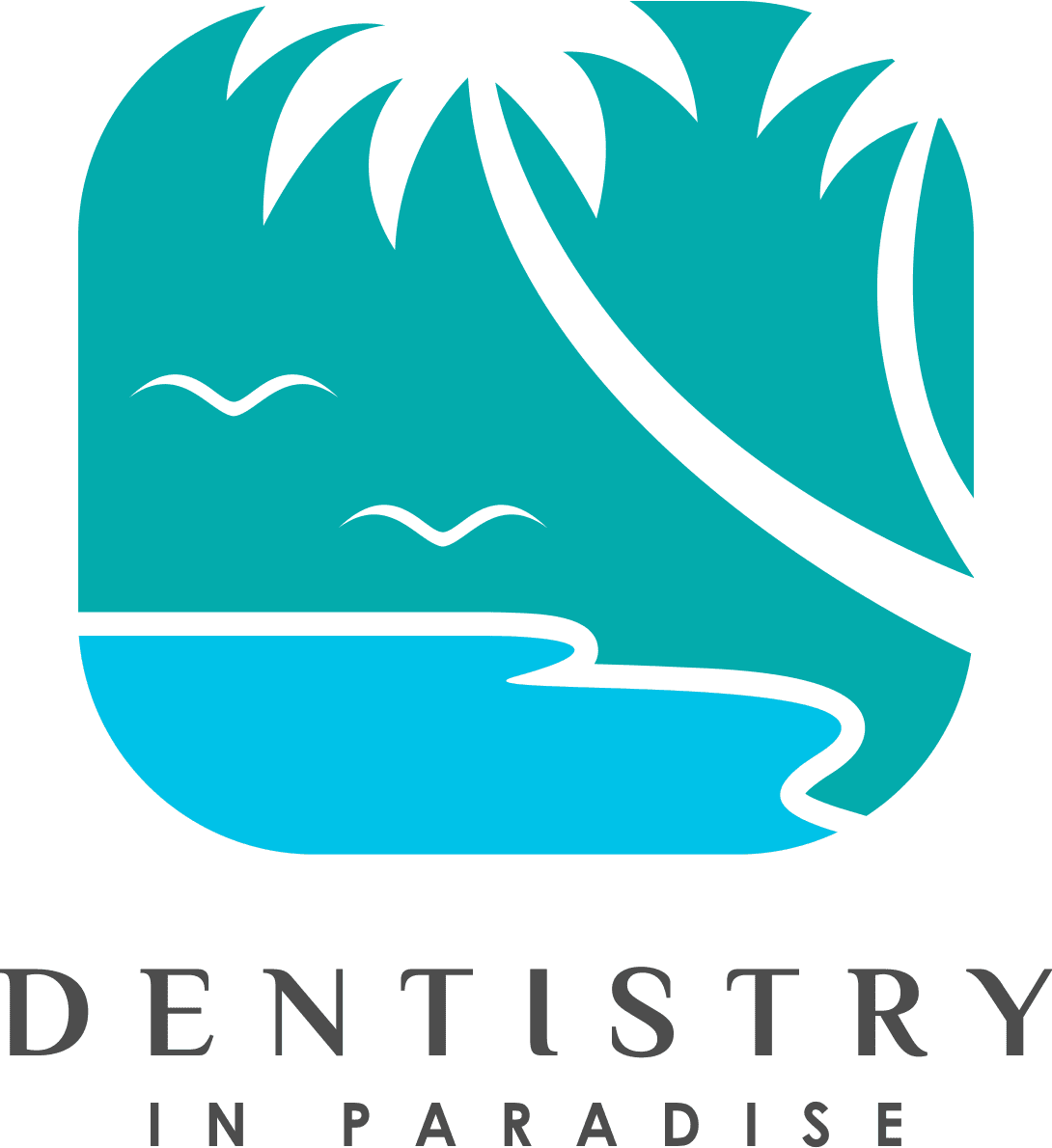
Poor oral health increases your risk of dental issues, such as cavities, abscesses, oral infections, periodontal disease, and tooth loss. However, the repercussions of poor oral health aren’t limited to your mouth.
Gum disease, for example, has been linked to heart disease, low birth weight, and diabetes, but new research shows that your oral health can also impact your brain. This is one of the many reasons why Kevin Miller, DDS, and our team at Dentistry in Paradise in Santa Barbara, California, review your medical history during your dental exams.
Your dental health isn’t isolated from the rest of your body. It’s all part of your overall health! Here’s what you need to know about the connection between your oral health and your brain.
The oral health and brain connection
A recent study published in PLOS One reports that gum disease increases your risk of dementia sixfold. The explanation for this is simple: It has to do with bacteria.
Research indicates that your oral microbiome 一 the diverse community of microorganisms living in your mouth 一 could play a role in influencing the composition of bacteria in your brain. Certain oral bacteria may find their way into your bloodstream and potentially cross the blood-brain barrier and affect neural health.
According to a 2023 article in The International Journal of Oral Science, researchers have detected Porphyromonas gingivalis (a known risk factor for Alzheimer’s disease) in the brain. This confirms one thing: Bacteria from your mouth can travel to your brain.
How good oral hygiene protects your brain
Poor oral hygiene can lead to a buildup of harmful bacteria that can potentially cross your blood-brain barrier and increase your risk for dementia and Alzheimer’s disease. The reverse is also true. Good oral hygiene can help protect your brain by limiting harmful bacteria.
Good oral hygiene includes:
- Brushing your teeth twice a day with a soft-bristled toothbrush and toothpaste with fluoride
- Brushing at a 45-degree angle to clean your gum line
- Flossing daily
- Using mouthwash
- Scheduling regular dental cleanings
- Addressing any dental issues as soon as they arise
- Eating a tooth-friendly diet
You can also support your microbiome by eating nutrient-dense foods and fermented foods like kefir and kimchi.
Know the warning signs of gum disease
While preventive actions help reduce your risk of both gum disease and periodontitis-related dementia, it’s impossible to reduce your risk to 0%. You can, however, familiarize yourself with the warning signs of gum disease.
Common warning signs include:
- Red or puffy gums (usually in the earliest form of gum disease, gingivitis)
- Bleeding gums
- Tender or painful gums
- Swelling
- Abscesses
- Loose adult teeth
- Tooth loss (in severe cases)
Like many conditions, the earlier you treat gum disease, the easier it is. Depending on the severity of your condition, treatments may include antibiotics, scaling and root planing, and tissue grafts. Seeking dental care at first sign of trouble is one of the best things you can do for your oral health 一 and your brain health!
Other ways to promote healthy brain function
In addition to tightening up your oral care, you can promote good brain health by eating foods rich in omega-3 fatty acids (such as walnuts, olive oil, chia seeds), exercising regularly, avoiding smoking, engaging in brain exercises such as puzzles, and getting enough sleep each night.
Ready to invest in your oral (and brain!) health? Whether it’s time for a cleaning or you need to explore your gum disease treatment options, schedule your next appointment with Dr. Miller today. You can reach us at 805-967-0272 or through our online portal.
